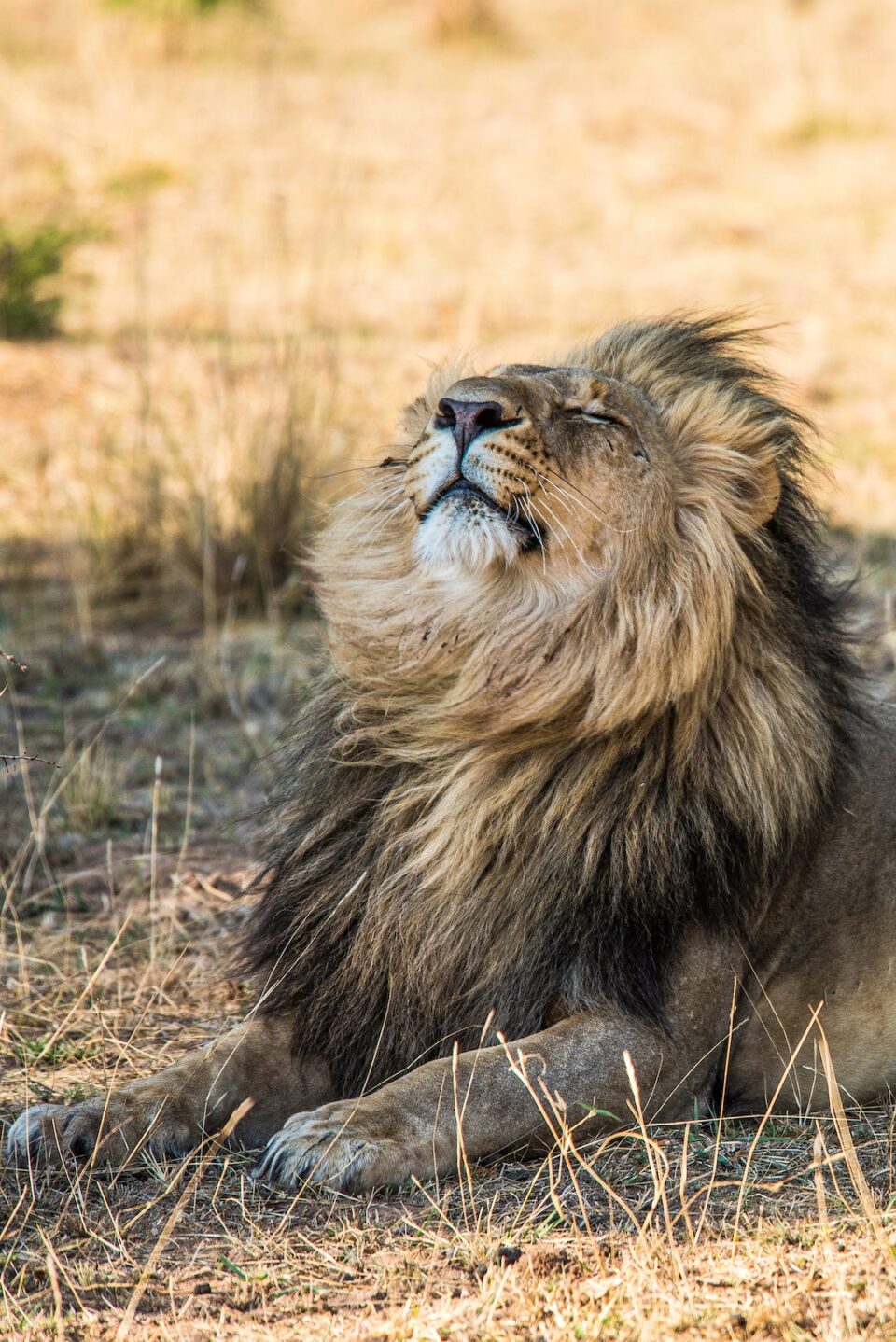The Link Between Animal Agriculture and Environmental Degradation
Animal agriculture has been a significant part of human civilization for centuries. In modern times, however, its impact on the environment has become a subject of concern. The livestock industry, especially intensive farming practices, has been linked to various environmental problems, including deforestation, greenhouse gas emissions, water pollution, and biodiversity loss. Understanding this link is essential to finding sustainable solutions that can help mitigate the damage caused by animal agriculture.
One of the primary environmental issues associated with animal agriculture is deforestation. Large areas of forests are cleared to make way for livestock pastures or to grow animal feed crops. Deforestation not only destroys ecosystems and displaces wildlife but also contributes to climate change. Forests act as a sink for carbon dioxide, a greenhouse gas responsible for global warming. By cutting down trees, we not only release the stored carbon but also reduce the potential for future carbon sequestration.
Greenhouse gas emissions from the livestock sector are another major concern. Rearing animals for meat and dairy is a significant contributor to greenhouse gas emissions, particularly methane and nitrous oxide. Methane is produced by ruminant animals, such as cows and sheep, during the digestion process, while nitrous oxide is released from animal waste and the use of synthetic fertilizers for growing feed crops. These gases have a much higher global warming potential than carbon dioxide, exacerbating climate change and its associated negative impacts.
Water pollution is another consequence of animal agriculture. Animal waste, chemicals used in animal farming, and excess nutrients from fertilizers can contaminate nearby water sources through runoff. This contamination leads to eutrophication, a process in which excessive nutrients cause algal blooms, depleting oxygen levels in water bodies and harming aquatic life. The pollution can also seep into groundwater, posing a threat to human health.
The intensive use of water in animal agriculture also poses a sustainability challenge. Livestock farming accounts for a significant share of global freshwater consumption. The production of meat requires much larger volumes of water compared to plant-based foods. With water scarcity becoming an increasing concern, especially in regions prone to drought, reducing water usage by transitioning to more sustainable farming practices is crucial.
The detrimental effects of animal agriculture on biodiversity cannot be overlooked either. The expansion of livestock production often leads to habitat destruction, which in turn leads to a loss of species. This loss of biodiversity can disrupt ecosystems and reduce their resilience to environmental changes. Moreover, the livestock industry’s demand for feed crops contributes to the conversion of natural habitats into agricultural land, further exacerbating biodiversity loss.
Recognizing the link between animal agriculture and environmental degradation is the first step towards finding sustainable solutions. Transitioning towards more plant-based diets can significantly reduce the environmental impact of food production. Plant-based alternatives can provide essential nutrients and protein without the devastating effects of animal farming. Additionally, promoting sustainable farming practices, such as regenerative agriculture and agroforestry, can help restore habitats, sequester carbon, and conserve water resources.
Furthermore, reducing food wastage and improving resource efficiency along the entire food supply chain are essential components of a sustainable future. By minimizing waste and optimizing resource use, we can reduce the pressure on land, water, and other natural resources.
In conclusion, the link between animal agriculture and environmental degradation is undeniable. Deforestation, greenhouse gas emissions, water pollution, and biodiversity loss are just some of the ways in which the livestock industry negatively impacts the environment. By acknowledging this connection and implementing sustainable practices, we can work towards a more environmentally friendly future. Choosing more plant-based diets, promoting sustainable farming methods, and reducing food waste are all crucial steps in mitigating the environmental damage caused by animal agriculture.


